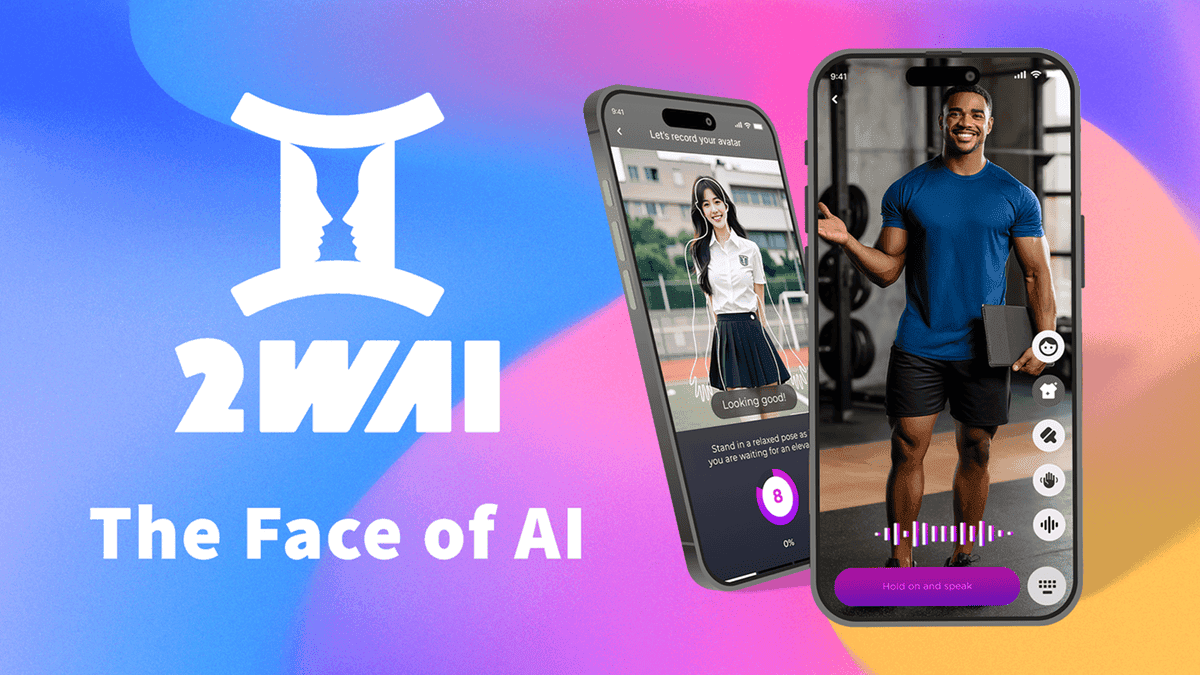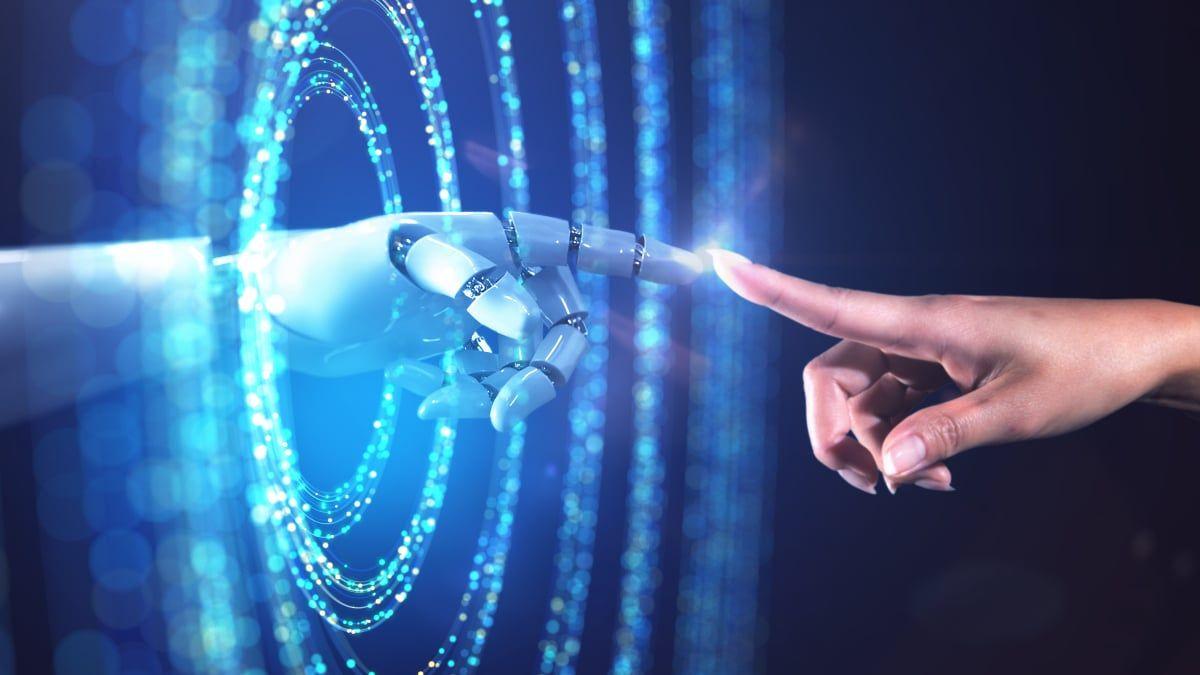Netflix's Use of AI-Generated Voice in Gabby Petito Docuseries Sparks Ethical Debate
3 Sources
3 Sources
[1]
Netflix under fire for 'weird as hell' AI recreation of murder victim's voice
TL;DR: Netflix's docuseries "American Murder: Gabby Petito" faces backlash for using AI to recreate Petito's voice. Critics call it unsettling and ethically questionable. Filmmaker Michael Gasparro defends the choice, but experts and viewers express discomfort with the technology's use for personal content. Netflix has been the subject of viewer backlash following the release of their latest true-crime docuseries American Murder: Gabby Petito. The series, which chronicles the murder of 22-year-old Petito, utilizes voice recreation technology to simulate the voice of the victim, used throughout the show to read out journal entries and text messages and provide narration. The three-part series, released this week, opened with a disclaimer stating: "Gabby's journal entries and text messages are brought to life in this series in her own voice, using voice recreation technology." It's reported that the Petito family gave their blessing for the recreation; however, viewers have been quick to slam the creative decision. Calling it"a violation", "weird as hell," and an "unsettling use of AI". Filmmaker Michael Gasparro (Credit: Shutterstock) In an interview with Us Weekly, filmmaker Michael Gasparro defended the decision, stating that the AI narration brings her story to life in a more powerful way, and that they wanted to tell the story "as much through Gabby as possible." However, some AI experts argue that voice recreation in this manner crosses an ethical line. As reported by NBC, Merve Hickok, president of the Center for AI and Digital Policy, pointed out that while voice cloning can be acceptable for public content, it becomes problematic when used for personal or private material. "The person made a decision to keep that private," Hickok told The Independent. "And it is not up to us. It's not up to any of us to make that decision on their behalf after they passed away."
[2]
Gabby Petito murder documentary sparks viewer backlash after it uses fake AI voiceover
This isn't the first occurrence of such debate, and it will likely keep happening as the technology improves. Netflix's latest true-crime docuseries, American Murder: Gabby Petito, has stirred up a heated debate over how to deploy AI to mimic the voices of people who have passed away. The filmmakers employed AI to recreate Petito's voice and have it narrate excerpts from her personal writings, which has reportedly made many viewers feel uncomfortable and raised ethical concerns about using AI to give voice to the deceased. The three-part series chronicles the 2021 murder of 22-year-old Petito at the hands of her fiancé, Brian Laundrie. It pieces together her final months through interviews, personal videos, and social media posts, evoking how the tragedy happened in real-time on the internet. True crime aficionados famously dissected every frame of Petito's travel vlogs before authorities found her remains in Wyoming. At the start of the series, a disclaimer appears: "Gabby's journal entries and text messages are brought to life in this series in her own voice, using voice recreation technology." That means the voice narrating parts of the documentary isn't actually Petito's but a synthetic recreation made with an AI model. Netflix has said the filmmakers received permission from Petito's family to do so. That hasn't stopped some people from vocalizing how eerie the AI-generated voice feels. Social media content creators have racked up hundreds of thousands of views discussing it. This isn't the first controversy over AI-generated voices. Roadrunner: A Film About Anthony Bourdain faced similar criticism when its director revealed that parts of the documentary featured AI-generated narration of Bourdain's own words. That movie didn't indicate which bits were narrated by the AI or by Bourdain, which led many to feel that the technique was deceptive. Filmmaker Michael Gasparro defended the decision in an interview with Us Weekly, saying the team wanted to tell the story as much "through Gabby's voice as possible." They had access to a wealth of her journals, notes, and online posts and thought AI narration would bring them to life in a more powerful way. "At the end of the day, it's her story." Technology has always shaped the way we tell stories, but AI presents a new challenge, especially when it comes to memorializing people who can no longer speak for themselves. Robert Downey Jr. has vowed that AI will never replicate him on screen, while James Earl Jones secured a deal with Disney before passing away, allowing them to use his voice for Darth Vader under certain circumstances. Meanwhile, ElevenLabs has inked deals with the estates of James Dean, Burt Reynolds, Judy Garland, and Sir Laurence Olivier to let it add AI versions of their voices to its Reader app. As deepfake technology and voice cloning become more sophisticated, filmmakers and media companies will have to reckon with how (and if) these tools should be used to tell real-life stories.
[3]
Netflix docuseries on Gabby Petito sparks backlash for AI use
One TikTok user said they felt "uneasy" after hearing her synthetic voice in the documentary. Catch up quick: Authorities say Petito's fiancé, Brian Laundrie, killed her after the two embarked on a cross-country road trip that she documented on social media. Between the lines: Filmmakers Julia Willoughby Nason and Michael Gasparro received permission from Petito's family to use her voice, Us Weekly reports. Zoom out: Last year, singer Drake used late-rapper Tupac Shakur's AI-generated vocals in his track "Taylor Made Freestyle."
Share
Share
Copy Link
Netflix's docuseries "American Murder: Gabby Petito" uses AI to recreate the victim's voice, igniting controversy over the ethical implications of using such technology in true crime narratives.

Netflix's AI Voice Recreation Sparks Controversy
Netflix's latest true-crime docuseries, "American Murder: Gabby Petito," has ignited a heated debate over the use of artificial intelligence in recreating the voices of deceased individuals. The three-part series, which chronicles the tragic murder of 22-year-old Gabby Petito, employs AI-generated voice technology to narrate portions of the victim's personal writings, including journal entries and text messages
1
.Ethical Concerns and Viewer Backlash
The use of AI-generated voice in the documentary has sparked significant viewer backlash and raised ethical concerns. Many viewers have expressed discomfort with the technology, describing it as "unsettling," "weird as hell," and even "a violation"
1
. The controversy centers around the ethical implications of using AI to give voice to the deceased, particularly in the context of personal and private content.Merve Hickok, president of the Center for AI and Digital Policy, argues that while voice cloning can be acceptable for public content, it becomes problematic when used for personal material. "The person made a decision to keep that private," Hickok stated, emphasizing that such decisions should not be made on behalf of the deceased
1
.Filmmakers' Defense and Family Consent
Despite the backlash, the filmmakers have defended their decision. Michael Gasparro, one of the documentary's creators, stated in an interview with Us Weekly that the AI narration brings Petito's story to life in a more powerful way. The team aimed to tell the story "as much through Gabby as possible," utilizing the wealth of her journals, notes, and online posts
2
.It's important to note that Netflix has confirmed obtaining permission from Petito's family to use the AI-generated voice
3
. However, this has not quelled the controversy surrounding the ethical implications of the technology's use.Related Stories
Broader Implications for AI in Media
This incident is not isolated and reflects a growing trend in the use of AI-generated content in media. Similar controversies have arisen in other productions, such as the documentary "Roadrunner: A Film About Anthony Bourdain," which also used AI to recreate the late chef's voice
2
.As AI technology continues to advance, the entertainment industry is grappling with its potential applications and limitations. Some celebrities, like Robert Downey Jr., have expressed opposition to AI replication of their likeness, while others, such as James Earl Jones, have made arrangements for the use of their AI-generated voices under specific circumstances
2
.The controversy surrounding the Gabby Petito docuseries underscores the need for careful consideration of the ethical implications of AI use in storytelling, particularly when it involves real-life tragedies and personal narratives. As the technology becomes more sophisticated, it is likely that these debates will continue to shape the future of media production and consumption.
References
Summarized by
Navi
Related Stories
AI-Generated Interview with Parkland Victim Sparks Controversy and Ethical Debate
05 Aug 2025•Technology

Former Disney Star's AI App Sparks Controversy Over Digital Resurrection of Deceased Loved Ones
17 Nov 2025•Entertainment and Society

AI Chatbot Impersonation Raises Ethical Concerns: Father Discovers Murdered Daughter's Likeness on Character.AI
16 Oct 2024•Technology

Recent Highlights
1
ByteDance's Seedance 2.0 AI video generator triggers copyright infringement battle with Hollywood
Policy and Regulation

2
Demis Hassabis predicts AGI in 5-8 years, sees new golden era transforming medicine and science
Technology

3
Nvidia and Meta forge massive chip deal as computing power demands reshape AI infrastructure
Technology





